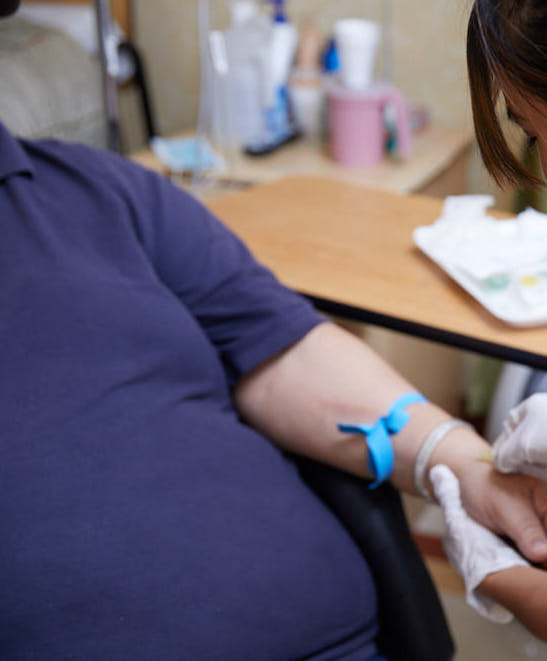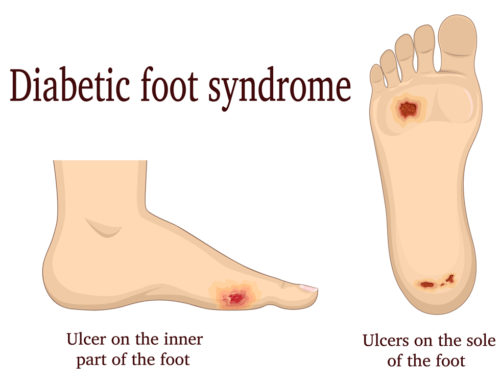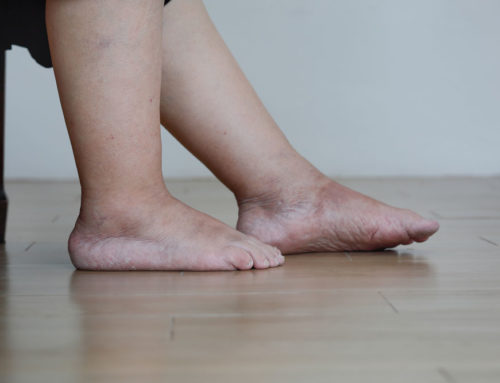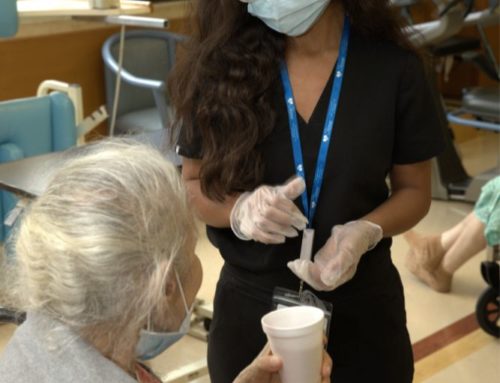Open Wound Complications: Here’s What You Might Expect
Be sure to see a doctor as soon as possible if you are concerned about an open wound becoming infected. Wounds that are slow to heal require specialized wound care and treatment to avoid infection and possible complications. If left untreated, wounds can spread infection to the rest of your body.
At Fairview Rehab & Nursing Home in Queens NY, we have medical practitioners with plenty of experience in wound care and treatment. Keeping our patients infection free and comfortable is our top priority. We know what steps to take to prevent complications if you have an open wound.
Open Wound Complications
Complications stemming from an open wound can be painful and very unpleasant. They vary from local (just affecting the surrounding area) to systemic (affecting other parts of the body).
A local complication may result in a non-healing wound, causing prolonged pain and discomfort. Systemic complications include bacterial infections such as cellulitis (affecting skin), osteomyelitis (affecting bone) or septicaemia (affecting blood).
Most complications stem from increased bacterial growth, highlighting the need for professional care.
As with any ailment, fast action is key. Therefore, seeing a doctor for treatment as soon as possible can reduce the risk of complications. See a doctor if bleeding from an open wound doesn’t stop with direct pressure or lasts longer than 20 minutes.
If the wound is very deep, or is the result of a serious accident, then urgent medical assistance is required.

Open Wound And Infection
If left untreated, exposed tissue can be a hotspot for bacterial infections. Signs of an infected open wound are a thick yellow or green pus, and pus with a strong smell.
Worsening pain and flushed or swollen skin around the wound are common symptoms of infection. Other signs include an increase in drainage around the area, a fever, or a lump in your groin or armpit.
A doctor will use different techniques to clean a wound depending on its severity and location. They can drain and clean the wound and provide antibiotics if a bacterial infection develops. In more severe cases, you may need to undergo surgery to remove infected tissue.
Other conditions
Other conditions that can develop from an open wound include tetanus, resulting in lockjaw. Lockjaw, often called Tetanus, causes muscle contractions in your jaw and neck which can be very uncomfortable.
Necrotizing fasciitis is a rare but severe soft tissue infection that can lead to sepsis and tissue loss. A staph infection is when bacteria present on the skin enter an open wound and spread throughout the body. Doctors normally prescribe antibiotics to treat this infection.
This article contains informational and educational materials and does not replace health or medical advice. For questions or concerns regarding your medical condition or health objectives, speak to a qualified physician or healthcare provider.






Leave A Comment